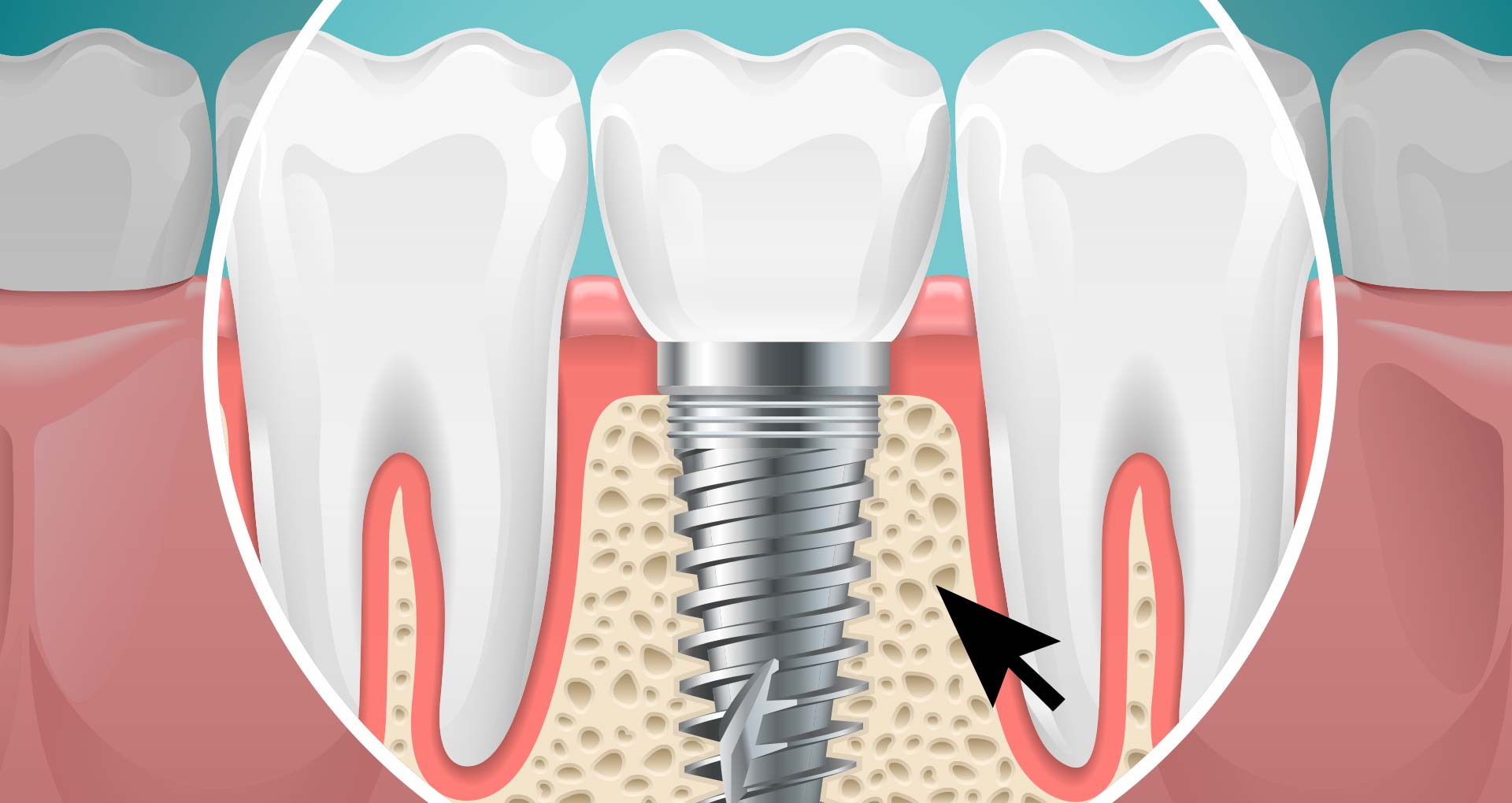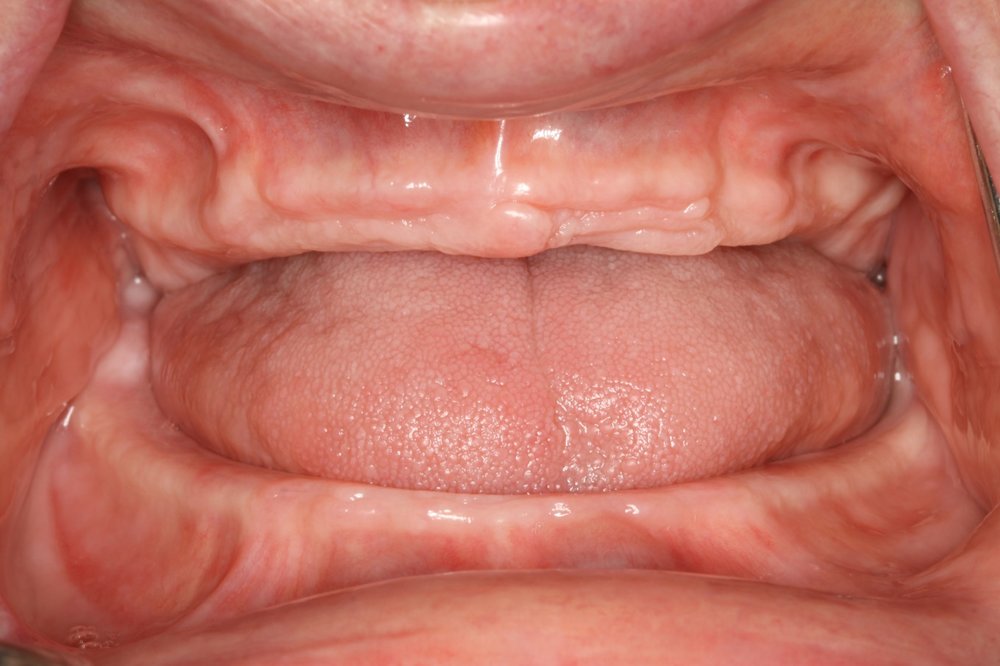In This Article
Introduction:
This is David and I am a dental implant educator at Chicago Implant Studio. I noticed that our dental implant patients are always curious about and want to know more about “Dental implant bone grafting complications”
Infection:
Infection is a primary concern following any surgical procedure, including Dental implant bone grafting complications. Bacterial contamination can occur during the grafting process or through post-operative factors. To minimize the risk of infection, dentists employ strict sterilization protocols, prescribe antibiotics when necessary, and provide patients with comprehensive post-operative care instructions. Regular follow-up visits enable early detection and prompt treatment of any signs of infection, ensuring optimal healing.
Graft Failure:
Graft failure, although relatively rare, can occur due to various reasons. Insufficient blood supply to the grafted area, improper stabilization of the graft, or underlying health issues can all contribute to Dental implant bone grafting complications. To mitigate the risk, dentists thoroughly evaluate the patient’s medical history, assess the condition of the recipient site, and use high-quality grafting materials. Close monitoring during the healing process allows early identification of graft failure, facilitating timely intervention and alternative treatment options.
Swelling and Discomfort Dental implant bone grafting complications:
Swelling and discomfort are common after dental implant bone grafting. Patients may experience mild to moderate pain, swelling, bruising, or even difficulty in opening their mouths. Dentists often recommend over-the-counter pain relievers, cold compresses, and prescribed medications to alleviate these symptoms. It is crucial for patients to follow post-operative instructions, maintain oral hygiene, and adhere to a soft-food diet during the recovery period.
Nerve Damage:
Nerve damage is a potential complication, although rare, that can occur during the Dental implant bone grafting complications. It may result in altered sensation, tingling, or numbness in the lips, chin, or tongue. Experienced dental professionals employ meticulous surgical techniques, relying on advanced imaging technology to minimize the risk of nerve damage. Patients should report any unusual sensations to their dentist promptly, as early intervention can improve the chances of full nerve recovery.
Sinus Complications:
In cases where dental implants are placed in the upper jaw, close proximity to the sinuses can lead to sinus complications. Sinus membrane perforation during Dental implant bone grafting complications or implant placement can cause sinus infections or sinus communication. Dentists carefully evaluate the sinus anatomy through imaging techniques, take necessary precautions during surgery, and, if needed, perform sinus lift procedures to ensure a safe and successful implantation.
Conclusion:
While dental implant bone grafting is a highly effective procedure for restoring lost bone tissue, it is essential to understand and address potential complications that may arise. Dentists and patients must work together to minimize risks through comprehensive evaluation, proper surgical techniques, and diligent post-operative care. By being aware of these complications and their management strategies, patients can confidently embark on their journey to achieving a healthy and beautiful smile with dental implants. Remember, regular communication with your dental professional is key to a successful outcome and a smooth recovery.
Meet the Best Dental Implant Surgeon at Chicago Implant Studio
Chicago Implant Studio is a reputable dental implant clinic in Aurora, Illinois. Find out how dental implants can improve your life and overall health. We offer an international warranty on dental implants for a lifetime. Schedule a free consultation online today or call us at (331) 257-7999.






